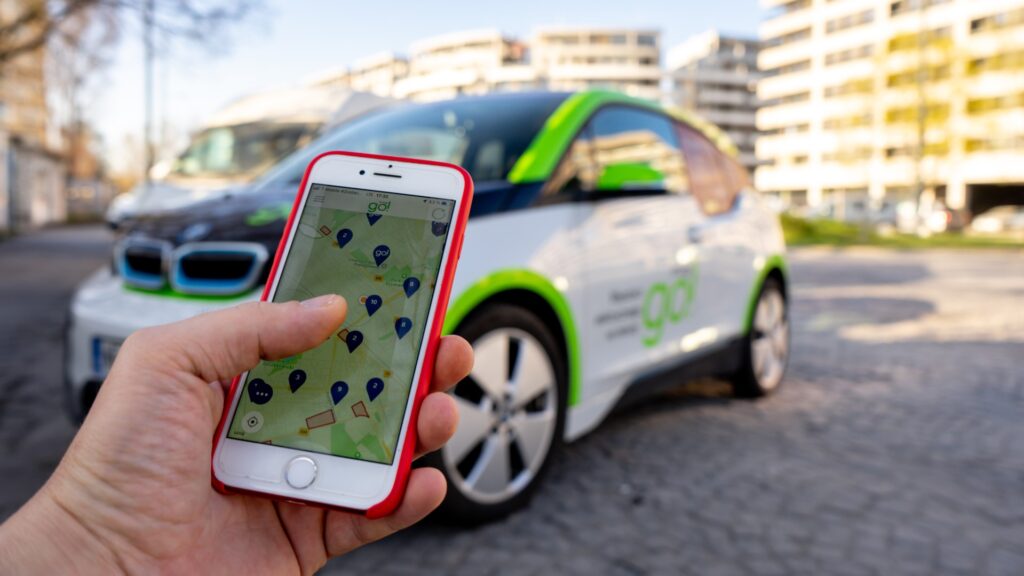In recent years, car-sharing services have become increasingly popular as an alternative to traditional car ownership. These services allow people to rent a car for a short period of time, usually by the hour or day, and return it when they’re done. While car-sharing services offer many benefits, they also come with their own set of pros and cons, as well as alternative options to consider.

Pros of Car-Sharing Services
Cost-effective: One of the biggest advantages of car-sharing services is that they can be cost-effective compared to traditional car ownership. Instead of paying for the purchase of a car, insurance, maintenance, and other associated costs, you only pay for the time you use the car.
Convenient: Car-sharing services are also very convenient. You can usually find a car near you through an app, reserve it for the desired time, and pick it up from a designated location.
Environmental Impact: Car-sharing services have a smaller environmental footprint compared to traditional car ownership. By reducing the number of cars on the road, car-sharing services help to reduce emissions and improve air quality.
Reduced Traffic Congestion: With fewer cars on the road, car-sharing services can help to reduce traffic congestion, making the roads less crowded and more efficient.
Cons of Car-Sharing Services
Availability: One of the biggest drawbacks of car-sharing services is that the availability of cars can be limited. During peak times, such as rush hour, it can be difficult to find a car available for rent.
Flexibility: Car-sharing services may not be suitable for everyone due to their lack of flexibility. You may not be able to use the car for long periods of time or for overnight trips, which can limit their usefulness.
Time Constraints: Car-sharing services are usually rented by the hour or day, which means that you need to plan your trip and return the car within the allotted time. This can be inconvenient if you need to extend your trip or if there are unexpected delays.
Maintenance: Car-sharing services rely on users to keep the cars in good condition. If users don’t take care of the car, it can lead to maintenance issues down the line, which can be costly for the service provider and users.
Alternatives to Car-Sharing Services
Public Transportation: Public transportation is a cost-effective and convenient alternative to car-sharing services. It’s available 24/7, and you don’t have to worry about finding a parking spot or paying for gas.
Biking and Walking: Biking and walking are great alternatives to car-sharing services, especially for short distances. They’re environmentally friendly, free, and good for your health.

Carpooling: Carpooling is another alternative to car-sharing services that can save you money and reduce your carbon footprint. It allows you to share the cost of gas and maintenance with other people, while also reducing the number of cars on the road.
Electric Scooters: Electric scooters are becoming an increasingly popular alternative to cars and car-sharing services. They’re inexpensive, environmentally friendly, and can be a fun way to get around town.
In conclusion, car-sharing services offer many benefits, including cost-effectiveness, convenience, and environmental impact. However, they also come with their own set of drawbacks, including availability, flexibility, time constraints, and maintenance issues. There are also alternative options to consider, such as public transportation, biking and walking, carpooling, and electric scooters. When deciding which option to choose, it’s important to consider your individual needs and preferences, as well as the pros and cons of each option.

